When we talk about internal auditing standards, we naturally refer to transparency and integrity. These standards are a set of professional principles aimed at guiding and regulating the work of internal auditors.
Some of the most important international standards include: the International Professional Practices Framework (IPPF), the COSO framework for risk management and internal control, and the Unified Regulation for Internal Audit Units approved by governmental entities. At Al-Hamli & Partners, an office of certified accountants and auditors, we are committed to delivering internal auditing service at the highest quality.
What Is Internal Auditing and Its Importance in the Saudi Business Environment?
To begin with, the definition of internal auditing refers to a department within the company that evaluates the effectiveness and efficiency of the internal control system. These responsibilities fall under the duties of the internal auditor in accordance with applicable laws and regulations, aiming to protect assets, maintain balance, and achieve strategic goals while ensuring the accuracy of financial records. These tasks are performed under the supervision of the Internal Auditing Management or the General Directorate of Internal Auditing in both public and private entities, in line with the Unified Regulation for Internal Auditing Units.
The importance of internal auditing lies in maintaining internal stability within companies. The internal auditing most notable benefits include:
- Enhancing the company’s financial and operational performance.
- Ensuring compliance with local and international laws and regulations, as well as with corporate governance and the IFRS and internal auditing standards.
- Early detection of risks, whether financial or operational.
- Evaluating the company’s internal control system and verifying its efficiency to reduce chances of financial or administrative corruption. For more information, contact us at 0539300404.
What’s the Difference Between Local and International Internal Auditing Standards?

Whether you manage a Saudi company or an international one with branches in the Kingdom, it’s important to understand the difference between local and international internal auditing standards, as these differences significantly impact your operations and governance compliance.
Local Internal Audit Standards in Saudi Arabia:
- The authority of internal auditing standards responsible is the General Directorate of Internal Auditing in Saudi Arabia, which applies to both public and private sectors.
- The Unified Regulation for Internal Audit Units has been approved by the General Directorate of Internal Audit to ensure the independence of audit units within government entities.
- The Internal Auditing Regulation organizes the relationship between the audit unit and other departments and defines the internal auditor’s duties and responsibilities.
International Internal Audit Standards:
- Issued by the Institute of Internal Auditors (IIA) and adopted worldwide by companies of all nationalities.
- The IIA is also a key reference for training and certification opportunities, including the Certified Internal Auditor – CIA certification.
How Does the Importance of Internal Auditing Impact Investment Decisions?
Internal auditing is one of the most powerful tools for improving compliance and financial operations, which in turn builds confidence among investors and supports informed decision-making.
Why Do Investors Care About Having a Strong Internal Audit System?
- A strong internal auditing department reflects the seriousness and professionalism of a company, reducing concerns about mismanagement or financial misconduct.
- Accurate and reliable financial statements are key indicators for investors when making decisions.
- Companies adhering to the Unified Regulation for Internal Audit Units are often more attractive to investors, especially banks and funding entities.
- A business environment that values transparency, periodic reporting, and operational integrity provides reassurance to investors.
At Al-Hamli & Partners, an office of certified accountants and auditors, we value the role of internal auditing not only for maintaining internal control and stability but also as an essential step for attracting new investments.
Also Read:
- Discover the biggest accounting firms in Saudi Arabia in 2025
- The importance of a Certified Chartered Accountant Office in growing your business
- A guide to choosing the best office of chartered accountants and auditors in Saudi Arabia
- How to choose a legal accountant in Dammam – A complete guide for entrepreneurs and business owners
- The Key Challenges Faced by Entrepreneurs with VAT in Saudi Arabia
- How bookkeeping helps you make smarter financial decisions
- What is internal auditing and how does it reduce risks for your business?
- How to do an inquiry about uploading financial statements in Saudi Arabia?
We Help You Understand and Implement Internal Auditing Standards Smoothly | Al-Hamli & Partners
At Al-Hamli & Partners, we combine experience and specialized knowledge tailored to each client’s sector and aligned with Saudi regulations and international best practices.
The importance of internal auditing is growing in today’s business environment, especially in light of Saudi Arabia’s fast-paced economy, corporate governance, and digital transformation. Its value increases over time as it not only promotes business success and stability but also helps attract investment opportunities.
But Why Choose Us?
- Our team is certified, highly qualified, and experienced in accounting, financial consulting, and strategic planning.
- We are committed to high-quality standards and transparency, using modern accounting tools to ensure top-tier service.
- We offer specialized, professional solutions in internal auditing and financial consulting tailored to each company’s size and industry.
- We currently operate four branches in key areas of Saudi Arabia: Riyadh, Dammam, Al-Ahsa, and Jeddah. For more information, contact us at 0539300404.
Conclusion:
The success and internal stability of any company depend heavily on applying internal auditing standards and understanding the importance of internal auditing in enhancing control, financial performance, and compliance. Internal auditing is not only about identifying and reducing risks, it also plays a vital role in improving a company’s financial performance and enabling sound, data-driven financial decisions.
At Al-Hamli & Partners, an office of certified accountants and auditors, we provide more than just internal auditing services. We also offer financial consulting, strategic planning, and the preparation of financial and economic reports, all backed by local and international expertise, empowering you to make the best business decisions, attract investors, and stay ready for the evolving Saudi market.
Common Questions:
What accounting standards are used in Saudi Arabia?
Saudi Arabia follows the IFRS for listed companies, while the Saudi Organization for Certified Public Accountants (SOCPA) provides standards for unlisted entities. All accounting firms in Riyadh and accounting firms in Jeddah must apply these standards accurately. For more information, contact us at 0539300404.
What are the international internal control standards?
They include the COSO framework, which focuses on risk assessment and effective internal auditing. The Internal Audit Management applies these standards to ensure corporate governance and support the internal auditor’s role.
What is the accounting system in Saudi Arabia?
The accounting system in Saudi Arabia is based on the IFRS, supervised by certified accountants and auditors. Any financial consulting firm or financial advisory office must comply with these standards. For more information, contact us at 0539300404.
What’s the difference between IAS and IFRS?
IAS refers to the older set of accounting standards developed before 2001, while IFRS represents the modern, globally accepted framework. The biggest accounting firms in Saudi Arabia use IFRS to produce transparent and accurate reports.


